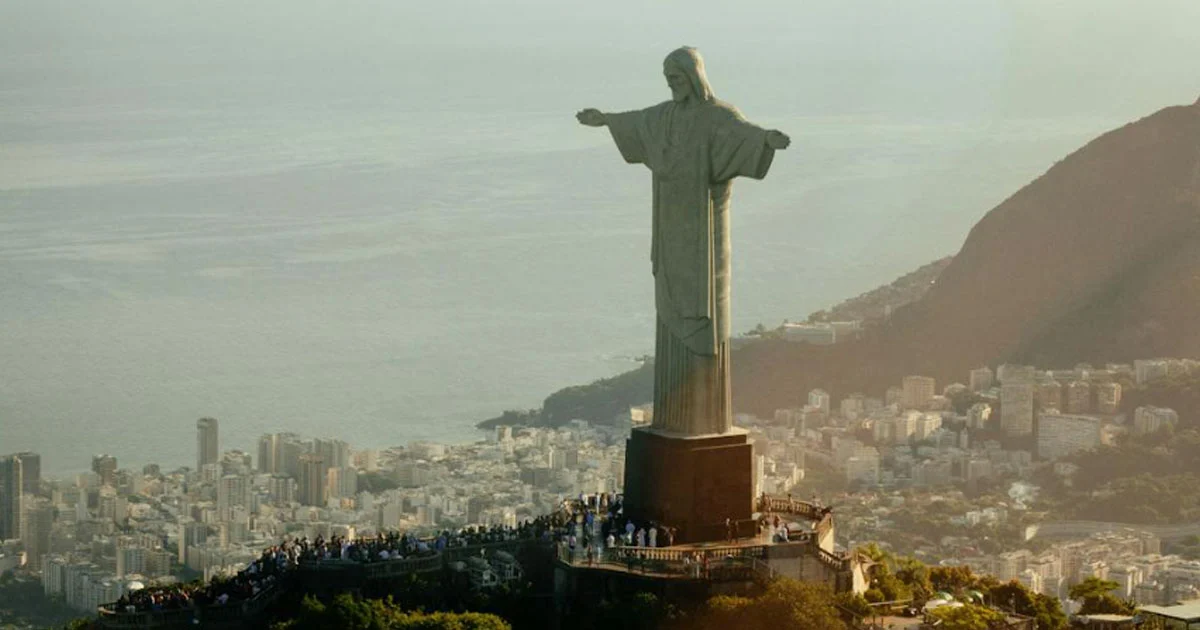Gambling only from the age of 21, soon to be the rule in Brazil?
Brazil is considering raising the legal age for gambling from 18 to 21, a measure championed by Senator Humberto Costa, inspired by European models, aimed at protecting the most vulnerable members of the public.
Launched on 1 January 2025, Brazil’s regulated gambling market attracted a massive wave of operators in just a few months, with 71 licences issued. While this opening up of the market has boosted the economy and multiplied commercial opportunities, it has also raised concerns about the risks to younger players and vulnerable groups.
Aware of the risks to younger players, Senator Humberto Costa has introduced Bill 3754/2025. It aims to raise the legal minimum age for gambling from 18 to 21.
A measure inspired by European best practices
Senator Costa draws on European examples of regulation, citing in particular the policies implemented in the United Kingdom, Belgium and certain Nordic countries.
According to him, young adults are more vulnerable to risky behaviour, particularly due to a lack of experience and financial maturity.
‘18-20 year olds are statistically more likely to develop gambling problems, so it is our duty to protect them,’ he explains in the project presentation.
The findings of several international studies show that early exposure to gambling increases the risk of addiction in the long term.
It is also for this reason that last May, the Brazilian government banned influencers, athletes and public figures from promoting gambling brands. Advertising in stadiums and during live sports broadcasts has also been banned. This reduces young people’s exposure.
Stricter advertising restrictions
The bill is not limited to the legal age. Humberto Costa also wants to significantly restrict gambling advertising.
The proposed measures include:
- A ban on advertising between 6 a.m. and 10 p.m. to limit young people’s exposure.
- An end to partnerships between sports clubs and gambling operators, in order to sever the perceived link between sport and betting.
- Ban on advertising targeting under-21s, including via social media.
These proposals are identical to measures recently adopted in Belgium and the Netherlands, where football clubs are no longer allowed to display gambling and sports betting sponsors on their shirts.
Mixed reactions in the sector
While player protection associations welcome these measures as a major step forward, gaming operators see them as a threat to market competitiveness. Some believe that overly strict restrictions could push players towards illegal sites, which are less secure and not subject to Brazilian regulation.
Others fear that banning sports sponsors will deprive clubs of essential revenue, particularly in football, where partnerships with bookmakers are an important source of funding.
More protective and sustainable regulation
For Senator Costa, these criticisms should not slow down the implementation of strong measures. He insists on the need for rigorous supervision to ensure a healthy, sustainable market focused on consumer protection.
‘The goal is not to stifle the industry, but to ensure that it develops without endangering public health.’


